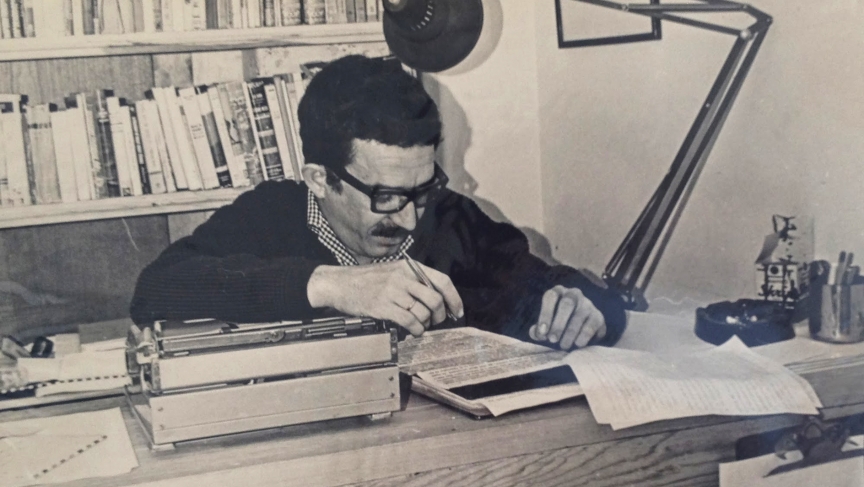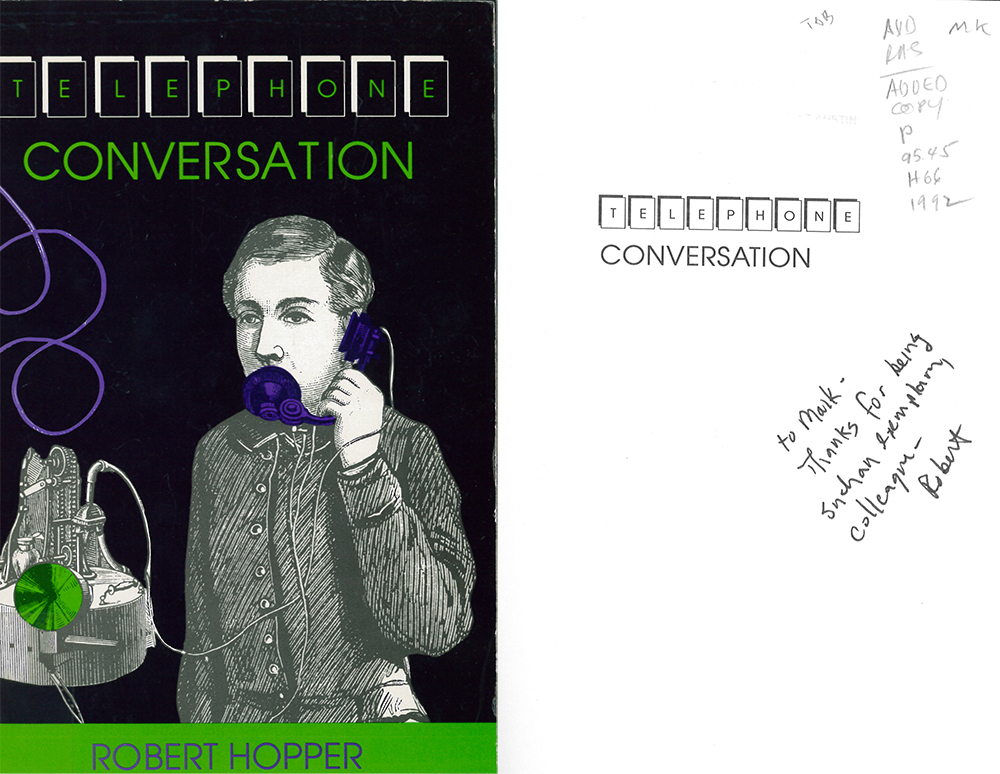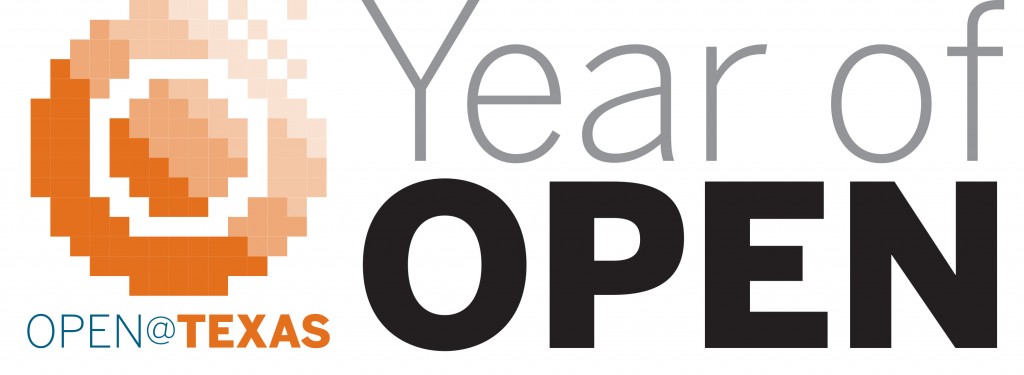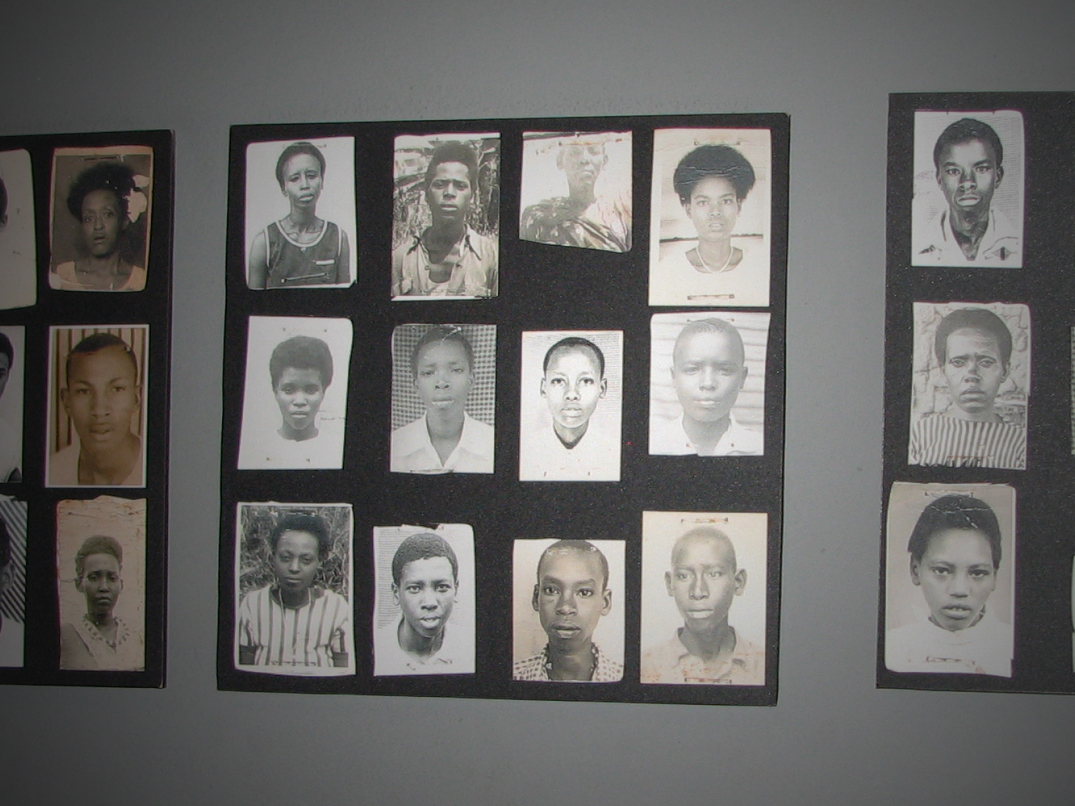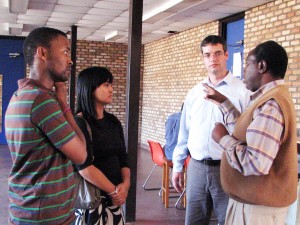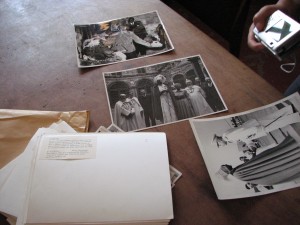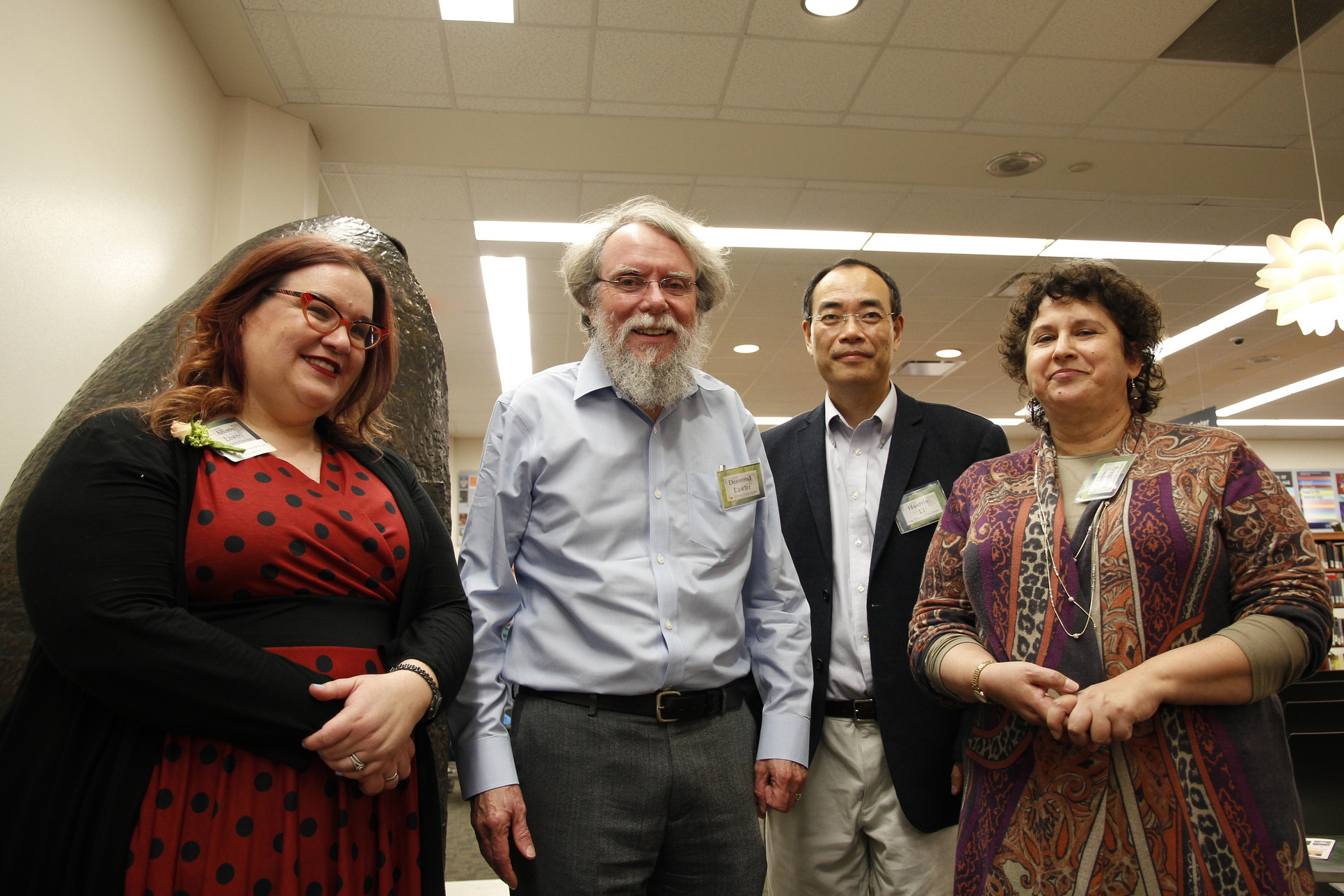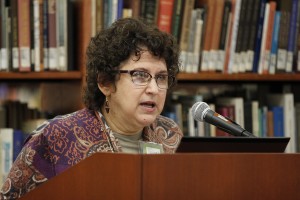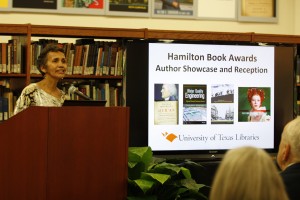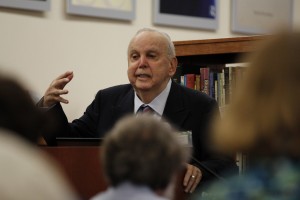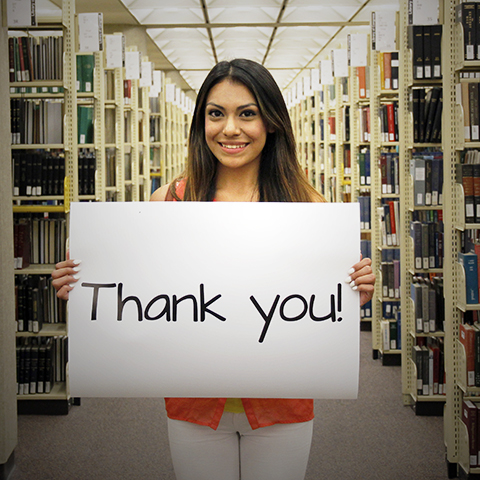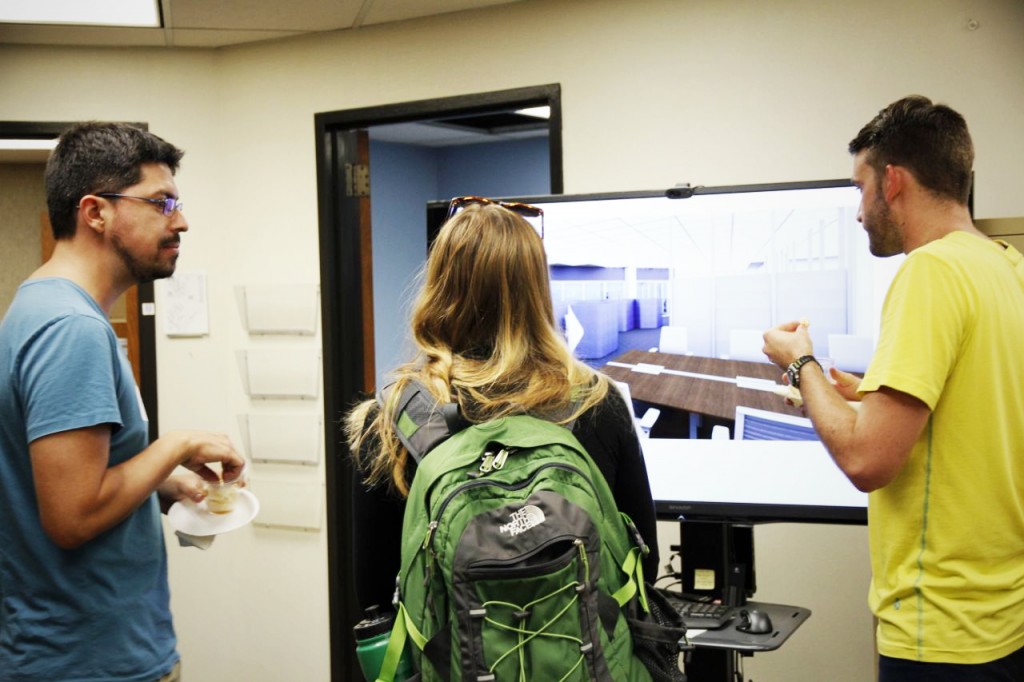
The Libraries held a Kick-off event on September 16 to share design renderings of a new academic work space in the Perry-Castaneda Library called the Scholars Commons that will be piloted on entry level starting early next year.
My colleagues and I had the great opportunity to welcome attendees into an empty room behind yellow paper-covered windows to share a “before” glimpse of what the UT Libraries hopes will become a favorite place on campus for graduate students and scholars.
Scheduled to open in January 2016, this “third space” for serious study is a pilot project to test services and different types of spaces.
The Scholars Commons initiative is comprised of 3 main areas:
- silent study space,
- a Data Lab, and
- a Graduate Landing Spot, with reservable media-equipped rooms, a lounge and a break room.
Design development for the space was informed by input from graduate student and faculty focus groups and a survey with over 1,200 respondents conducted last spring. Additional insights came from the Graduate Student Assembly (GSA), the Graduate Student Writing Group and Graduate Student Services within OGS. The design was created by Harmony Edwards-Canfield of E+MID (Edwards + Mulhausen Interior Design), also responsible for several successful recently completed PCL projects.
Situated opposite the new glass-walled Media Lab, in what was formerly the Periodicals Room and the adjacent office suites that housed the Research and Information Services department, the Scholars Commons is tangible, visible evidence of support for serious students and scholars.
The materials in that space were relocated elsewhere within PCL, and the staff relocated to a UT Libraries office suite in the new Learning Commons, next to the University Writing Center. As with space used to create the Learning Commons, the Scholars Commons project represents intentional repurposing of staff space for student use.
The office suite closest to the PCL lobby will host speech center services provided by the Sanger Learning Center and research consultations in media-equipped meeting rooms with UT Libraries librarians. When not reserved for consultations, the rooms will be available for group study use by students.
Subject specialist librarians, or liaison librarians, already work one-to-one or in small groups with students and faculty to advise on literature reviews, research paper resources, data needs and other aspects of the research process and lifecycle, including publishing. These refreshed rooms will expand existing consultation space.
The large room that once housed the current periodicals and reference materials will become silent study space. And the office suite in the back of that room will be a dedicated Graduate Landing Spot for group study and informal community building.
The Scholars Commons will also offer programming, including salon events with featured speakers, research presentations and exhibit space. In brief, the pilot focuses on real-life needs, real-world challenges, research and relationships.
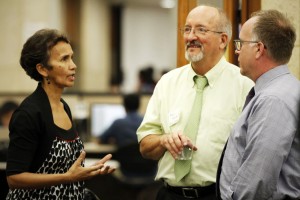 Kick-off participants enjoyed locally-sourced refreshments and live music by Maxwell’s Daemons, a celebratory nod to the soon-to-be-silent zone for scholarly endeavor.
Kick-off participants enjoyed locally-sourced refreshments and live music by Maxwell’s Daemons, a celebratory nod to the soon-to-be-silent zone for scholarly endeavor.
Brianna Frey, an Architecture graduate student in attendance, expressed that the quality and amenities of a study area are important because productivity stems from the ability to focus. “Additionally, it is important, especially because my field has a lot of group work, to have collaborative spaces in study areas” Frey told the Daily Texan. The pilot will offer both options.
Monitor this blog and UT Libraries social media outlets for more details as the January reveal approaches.


